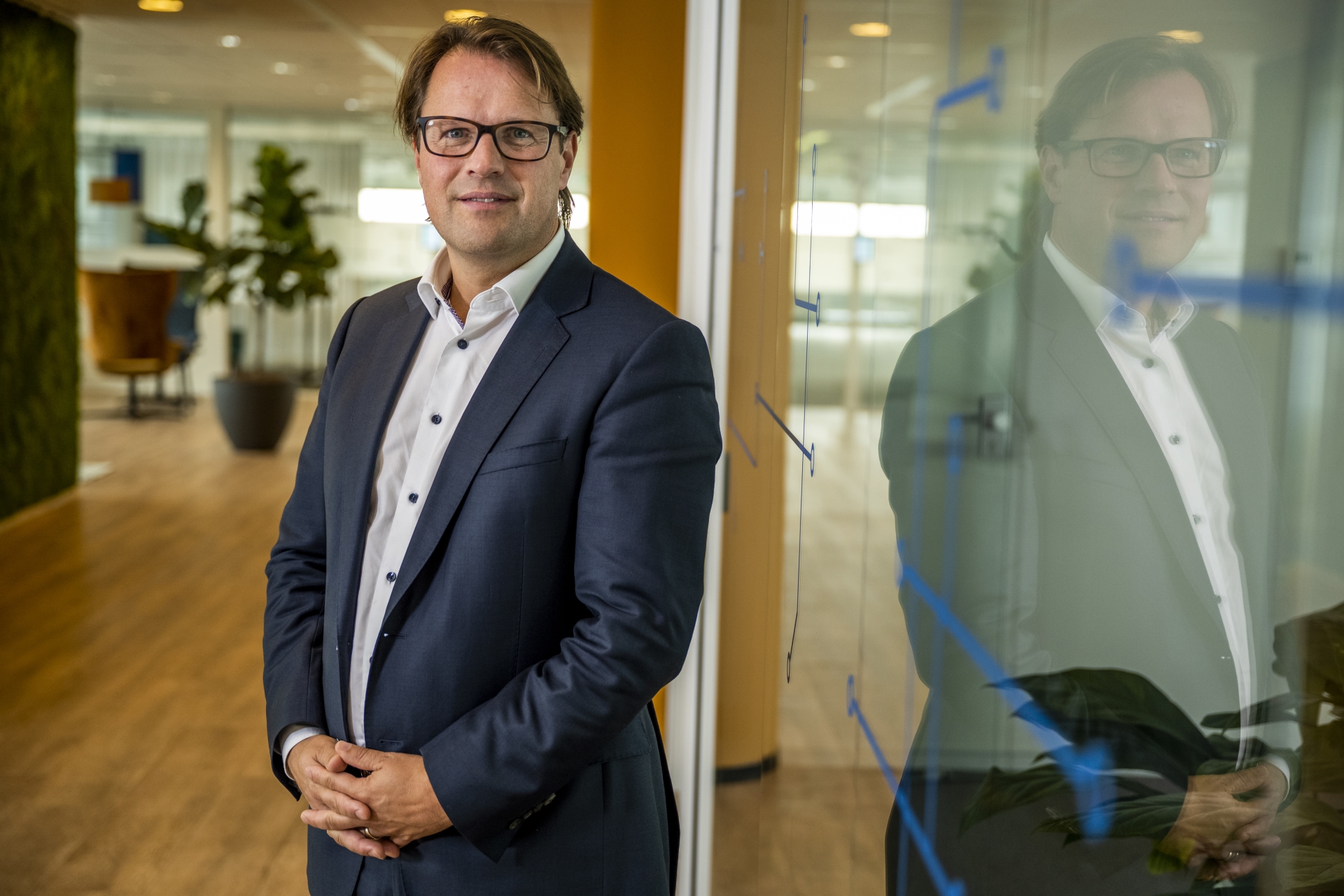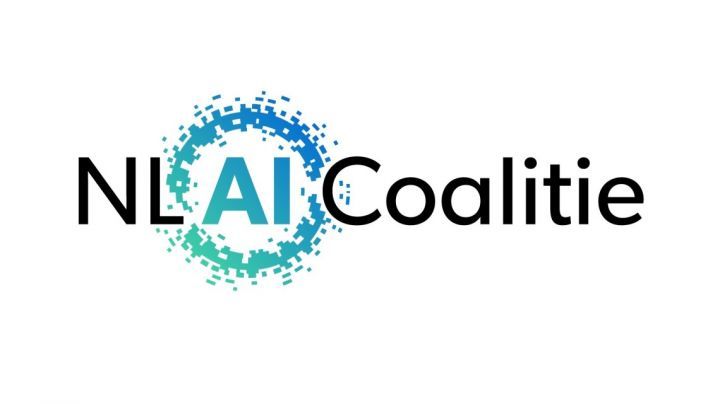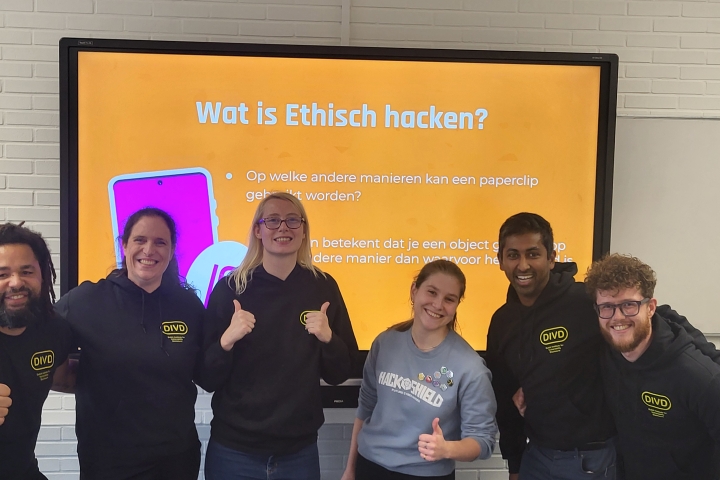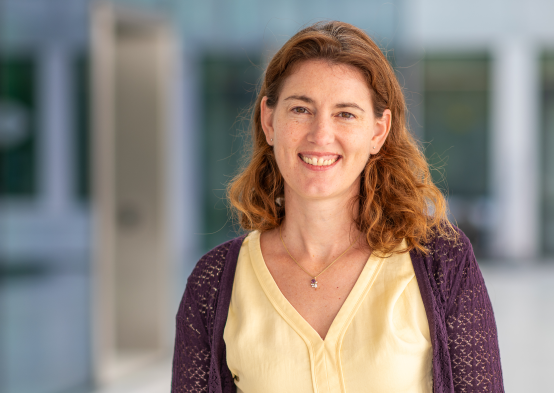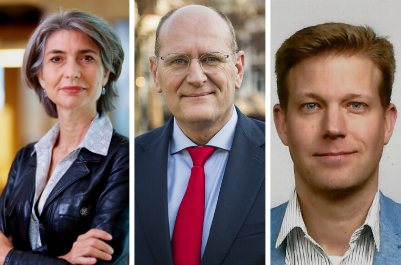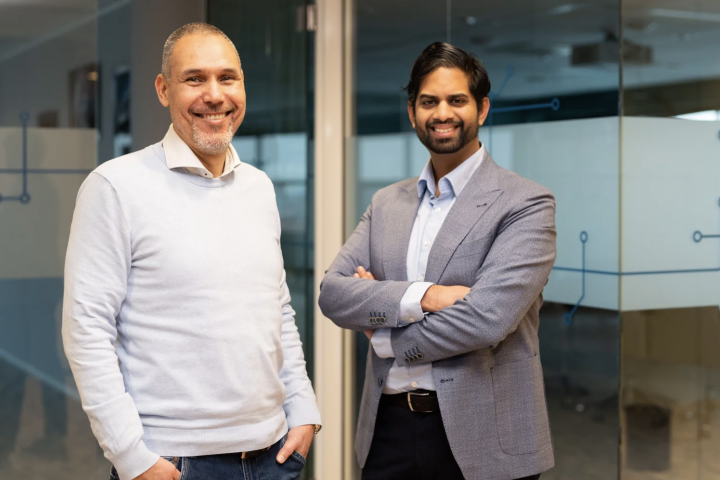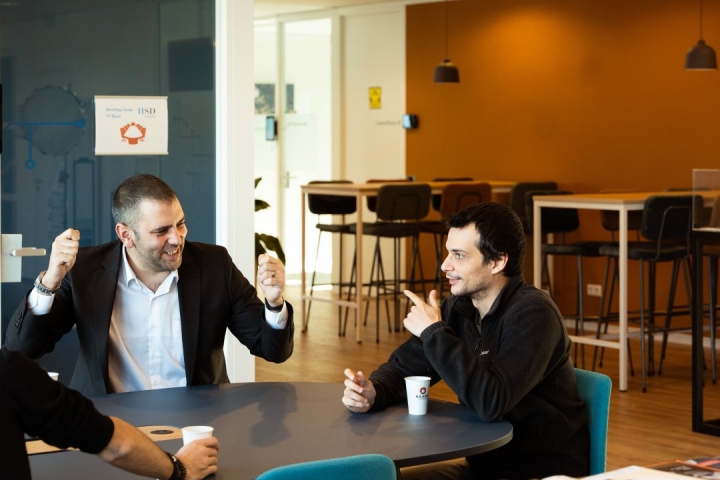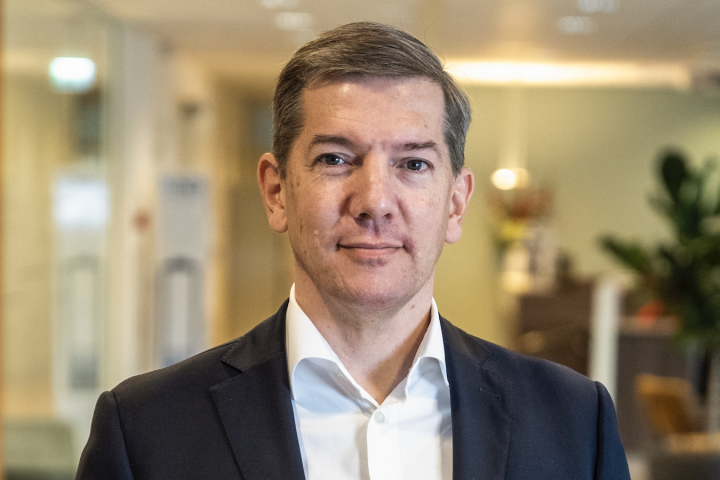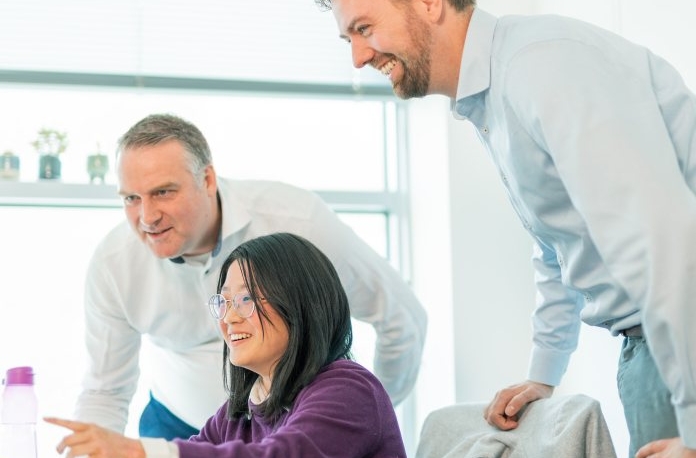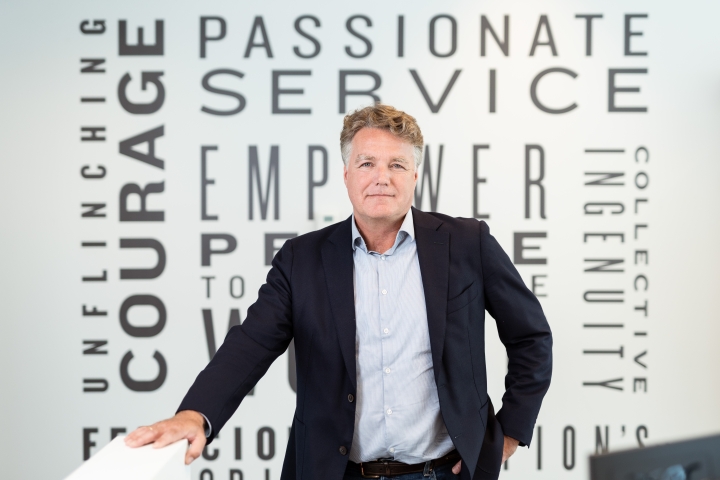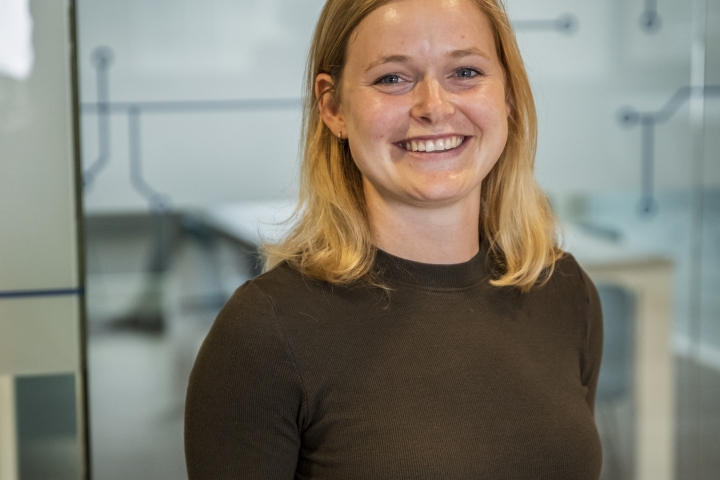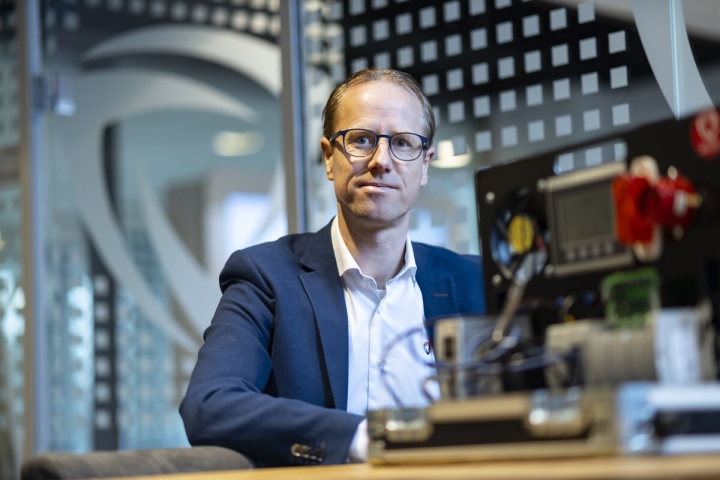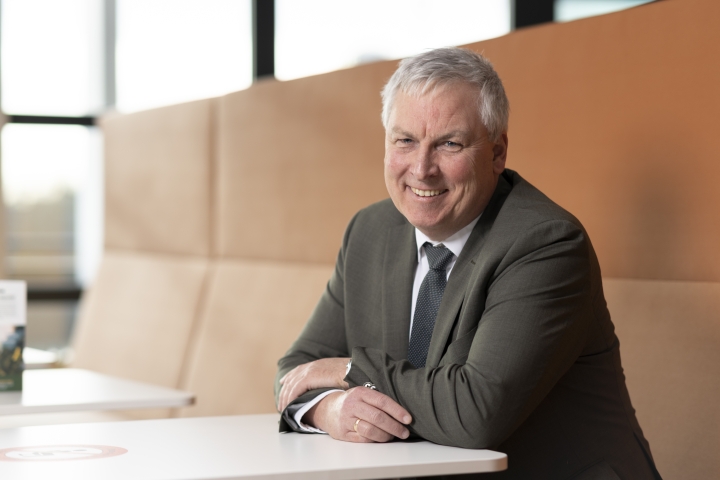Data Collaboration in the Fight Against Crime
On 17 February, the Dutch AI Coalition (NL AIC) and Security Delta (HSD) will present a paper on AI-applications for Security, Peace and Justice. Special attention is paid towards Multi-Party Computation (MPC), a technology put into production by Roseman Labs to generate joint data insights without having to reveal these data. Not without reason, according to the chairman of the NLAIC working group and director of Security Delta (HSD) Joris den Bruinen and Paul Fockens from the Sustainable Rescue Foundation. "This technology can ensure that there is no longer any contradiction between privacy on the one hand and security on the other."
Unfortunately, Security, Peace and Justice are not always obvious. Threats remain to grow and both our physical and digital security are under pressure. Artificial Intelligence plays an increasingly important role in the protection against these threats and safeguarding justice. Yet, these applications also bring risks. Which preconditions should be involved and how can we come to an effective, safe and human-centered approach to these applications? The Security, Peace and Justice working group of the Dutch AI Coalition wrote a paper on this field, including amongst others Privacy Enhancing Technology and specifically MPC as a tool to enable sharing data insights. The interest in MPC is not surprising, according to Joris den Bruinen.
“Artificial Intelligence depends on data. The more relevant data is available and the higher the quality, the better the AI system can learn. Therefore, access to trustworthy data is crucial for the deployment of AI.”
Cryptographic techniques such as MPC accelerate the access to data. They ensure that multiple parties can jointly analyse data and draw conclusions without ever having to access each other’s data. Thus, calculations and analyses are performed on encrypted data and only the endresult is decrypted. Therefore, MPC does not provide insight into data but only conclusions based on this data. “This allows organisations to collaborate on data and at the same time meet the preconditions for the use of data in an ethical, legal and private way”, according to Den Bruinen. “For responsible use of AI, it is essential for data to be used in a privacy-resistant way. This certainly applies to the government security domain, where the privacy of citizens is even more sensitive and where transparency and democratic legitimacy is necessary.”
In the Netherlands, data is often stored closed. Legal reasons are often the basis for this, or the fear of someone else exposing sensitive data. Because of MPC these barriers can be broken. This leads to new investigative opportunities. Den Bruinen: "Take the example of drug criminals who are active in the port of Rotterdam. The police have information that they can use to take them down, but there are also other organisations that can be used as a potential source of data. Think of companies at the port, the Chamber of Commerce, the FIOD. It may be desirable to bundle data from these different organisations. The only precondition is that sharing data like this complies to legal and ethical frameworks. This creates a so-called human centric AI that is able to tackle criminal cases and at the same time contain a socially accepted application of technology. MPC is interesting because this technology can ensure that there is no existing contradiction between privacy on the one hand and security on the other hand, since not the data but only the insights are shared."
Human Trafficking
Paul Fockens, co-founder of Sustainable Rescue Foundation, an independent organisation that is actively committed to combating human trafficking with data as an important weapon, sees the potential of secure data collaboration as well.
“Signs of human trafficking can often be found in data of different organisations such as the police, municipalities, the public prosecution service, charities, but also banks and insurance companies. We are trying to put together a puzzle of small pieces of information from the involved parties that point to exploitation. By combining different data, analyses can be made on the patterns of human trafficking networks.”
At the same time, Fockens also sees that a lack of trust, security and fear prevents involved organisations from sharing data. In order to break through this, Fockens has set up an MPC user case in collaboration with the Data Sharing Coalition (DSC), the Sustainable Rescue Foundation, Roseman Labs, an investigative agency and several NGO’s. It turned out that by using MPC it was possible to check the lists of suspects of an investigative agency in order to prevent one of the selected persons to be working as an informant for one of the NGO’s. Fockens: “All of this was possible without one of the parties involved having learned anything about the lists of persons from the other parties.”
This is not only a first step towards broader application of these technologies within the security domain, but it is also a growth of confidence that this can be done safely. Paul Fockens: “Roseman Labs which developed the software, took the participants step by step through the process. The first session was done with fictitious names. This way, everyone could see how the system worked. In addition, they also received a cryptographic key which they could use to stop the process at any time. That gave faith.”
The proof of concept of this use case serves as the basis for secure collaboration on data between different parties that monitor human trafficking, which is a great result, concludes Joris Den Bruinen who has also included the case in the AI paper that will be presented on 17 February.
"This use case is important on several levels. In a substantive way because human trafficking is an undesirable criminal activity that does not stop at national borders, and therefore we can share this knowledge internationally. But also in a macro-economic way, because it is a technology that we can export perfectly as a country. The technology is there, the main question now is: how do we organise collaboration while considering all ethical and legal preconditions? It is honorable to have a stimulating role in this from HSD and the Dutch AIC Coalition."
Find out more about the paper here in Dutch or English (available 17 February).
Read the interview in Dutch.




